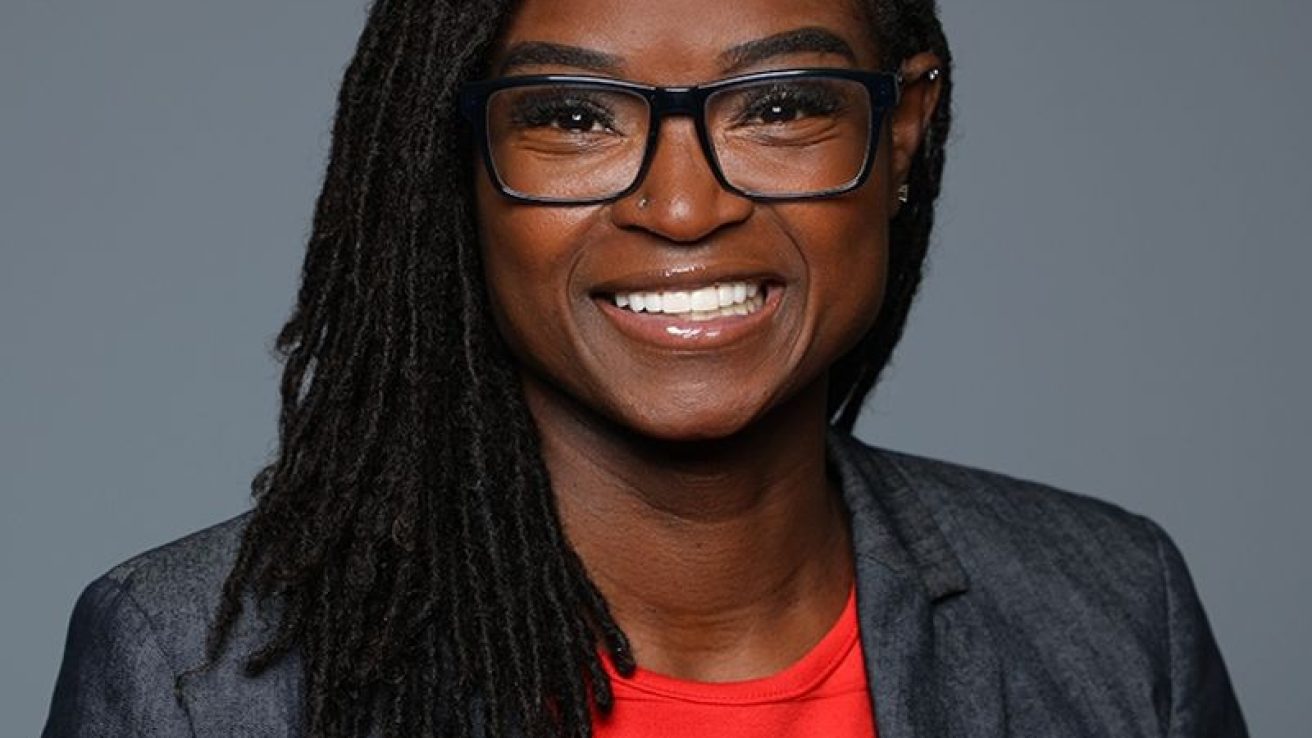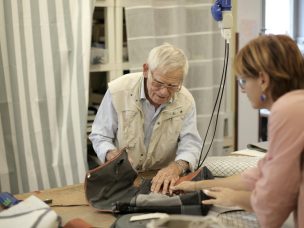In this MD Newsline exclusive interview with urologist Dr. Fenwa Milhouse, we discuss prostate cancer management challenges and disparities in the wake of the COVID-19 pandemic.
MD Newsline:
What are the biggest challenges that urologists are tasked with in the wake of COVID-19?
Dr. Fenwa Milhouse:
“COVID-19 has highlighted disparities that have existed. It’s magnified them big time. It also has revealed the weaknesses in our medical system, how fragile our system is, and how much work we need to do.
Building trust with our patients is the biggest hurdle that I think COVID-19 has presented urologists. The trust between patients and doctors has been eroded, and in some ways, COVID-19 has made it worse, particularly among minority patients, especially Black patients. Ok?
We are dying at disproportionate rates from COVID-19. We have less access to testing and vaccination. The pandemic is highlighting these disparities. So it is our job to rebuild this trust in the community, and we have a lot of work to do.
And so getting patients to trust us to return for care, to talk to us about not only prostate cancer screening, but all sorts of urologic conditions that we treat is an ongoing challenge that we have to face.”
MD Newsline:
Do you think prostate cancer disparities have worsened during the COVID-19 pandemic?
Dr. Fenwa Milhouse:
“I don’t know if we’ve even objectively looked at if prostate cancer disparities have worsened during the COVID-19 pandemic. But I imagine that there has been some worsening because routine healthcare has taken a backseat with the attention and medical resources diverted to COVID-19.
In fact, getting patients to come back to see us for routine visits is something that’s just [now] picking up. You know, there was a time we weren’t seeing anybody in the office from March to May or June of 2020 unless you urgently needed to see a urologist. So some of those patients might have gotten lost in the shuffle.
And I know pediatricians saw fewer kids coming in for their routine well-child checks and vaccinations. So, again, routine healthcare as a whole has been neglected during the pandemic.”
Responses have been condensed and lightly edited.










